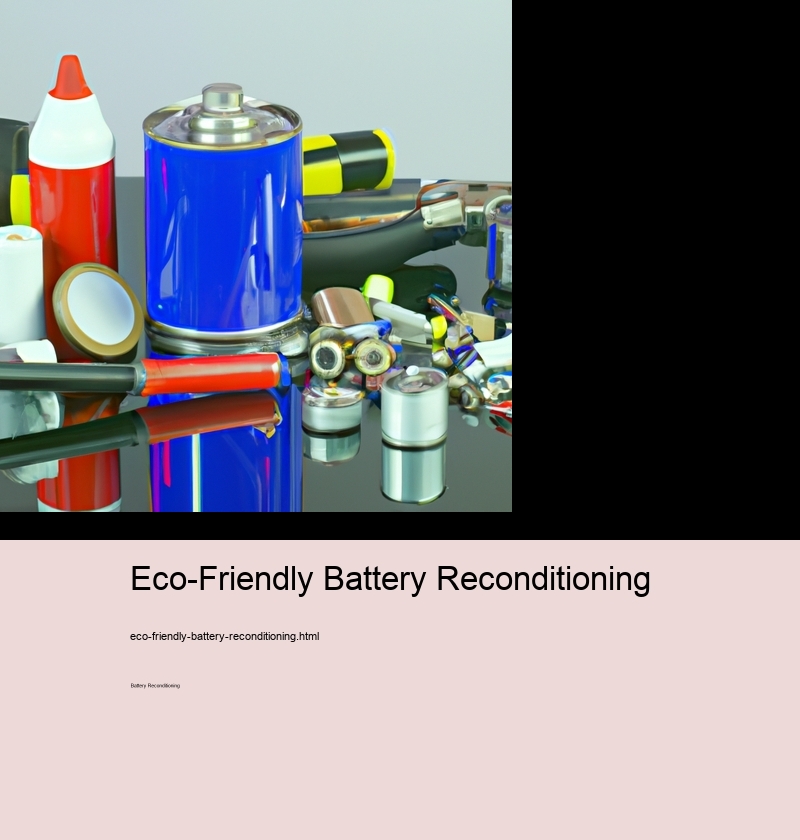Eco-Friendly Battery Reconditioning
Battery Charger and Reconditioner
The reconditioning process involves several steps that can rejuvenate a battery to a level close to its original condition, thus delaying the need for an immediate replacement.
Eco-Friendly Battery Reconditioning - Battery Maintenance
- Battery Charger and Reconditioner
- Battery Health Monitoring
- Battery Maintenance
- Battery Sulfation Removal
- NiMH Battery Reconditioning
- Battery Management Systems (BMS)
- Battery Performance Testing
- Battery Recycling
- Battery Capacity Testers
By understanding different battery types and their specific reconditioning methods, individuals can effectively bring old batteries back to life while contributing positively toward sustainability efforts globally. For users who successfully recondition their batteries, this means prolonged periods before needing a replacement.
DIY Tips for Extending the Life of Your Laptop Battery Through ReconditioningUnderstanding Battery ReconditioningReconditioning a laptop battery involves restoring it to its original capacity or near-original capacity, which can significantly extend its useful life. For instance, they can be used for low-power devices such as wall clocks, remote controls, or even emergency flashlights.
When reconditioning batteries, it's essential to measure and adjust voltages accordingly to ensure they are within safe operating limits. For businesses that rely heavily on battery-powered machinery or vehicles, these savings can be significant.
